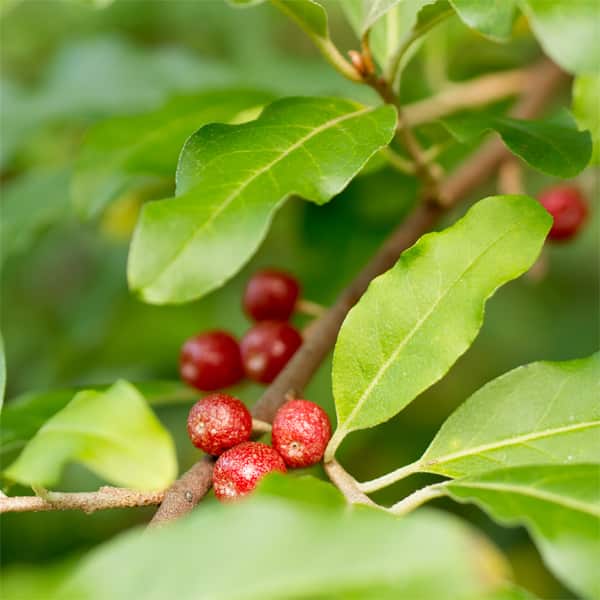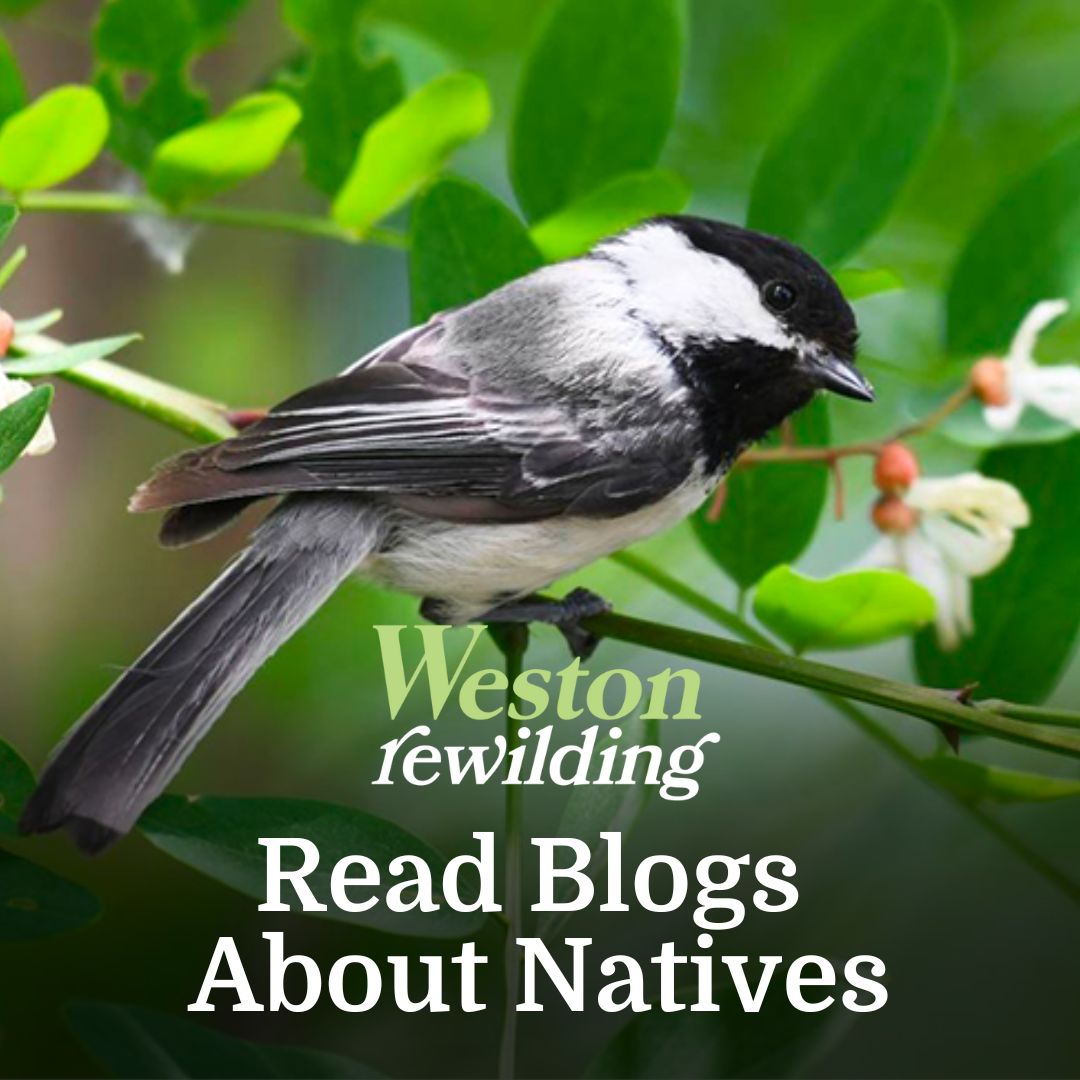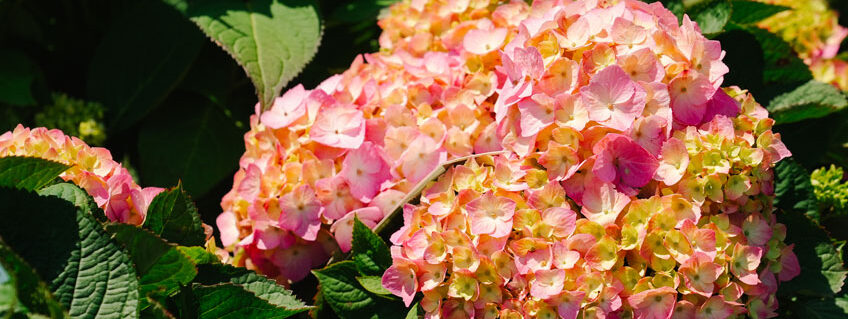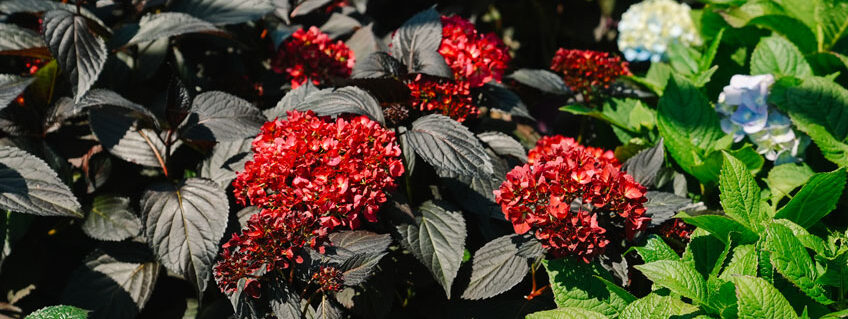Fall is “fruiting time” for many trees and shrubs in the landscape – crabapples, hollies, dogwoods, nut trees and viburnum, for example. But few plants produce fruit so profusely as the Autumn Olive (Elaeagnus umbellata).
Originally introduced to the USA from Asia in the 1830’s, for many decades it remained well behaved. In 1963 the heavy-fruiting cultivar ‘Cardinal’ was selected by the USDA as a superior, larger-fruiting strain for soil stabilization, highway screening and wildlife cover. Unfortunately, soon thereafter it began multiplying explosively; it quickly dominated major open-field areas, began out-competing native plants and it is now considered one of the most invasive plants in much of the USA.
Autumn Olive can grow 6 ft. or more in a single season, maturing in only a few years as a thorny multi-stem shrub 15 ft. or more high and wide. Leaves are 2-3” long with wavy edges, green above, showing their silvery undersides when the wind blows. Sweetly-scented ivory-colored flowers in early June produce a proliferation of small red fruit in late summer, often persisting into winter, a favorite food for birds and other wildlife. A single mature plant can produce 25 or more lbs. of berries each year! Because its roots grow nodules that convert nitrogen from the air into a form usable by plants, it thrives in even the poorest and driest soils, rapidly forming impenetrable thickets that even deer avoid browsing.
Controlling Autumn Olive is challenging because of its fecundity from seed growth, ability to re-sprout from cut stems and re-grow after fire. Young seedlings are relatively easy to pull out by hand, but with older plants, roots broken when are pulled will grow into new plants. Germinated seedlings can reach 3 ft. or more by fall, some even producing fruit as year-old plants. Severe infestations can be treated with herbicides, but the vigor of the species often renders these results ineffective.
Despite its invasiveness, certain features of Autumn Olive are considered favorable in some situations. This is a plant that grows where few other plants can survive, stabilizes steep slopes, forms windbreaks in desolate areas and produces cover and edible fruit for wildlife. Its nitrogen-fixing roots help improve barren soil fertility, and the late-spring flowers are very pleasantly fragrant. Its copious, astringently-flavored fruit is attractive and very high in carotenoids, especially lycopene (17x more than tomato!) and Vitamins A, C and E; for generations many Asian people have relied upon the plentiful berries as a valuable resource to make flavorful juice and preserves.
Selling or transplanting Autumn Olive plants is prohibited in Massachusetts and many other states where it is proven to be an invasive threat to native plants, and rightfully so. But the species has already become so ubiquitous that its colorful display of silvery-red fruit is the predominant sight in so many open areas, along roadways and at the edges of woods this time of year.
If you see it sprouting in your yard, try to remove it before it establishes and starts seeding-in. You will need to be diligent to identify and dig-out small seedlings before they become difficult to remove, surveying your garden every year. Some have suggested (tongue-in-cheek, perhaps) that you emulate Eastern traditions and employ a defensive action to “reduce” the seed population – try picking the berries and converting them into your own homemade “Invasive Jelly”!







